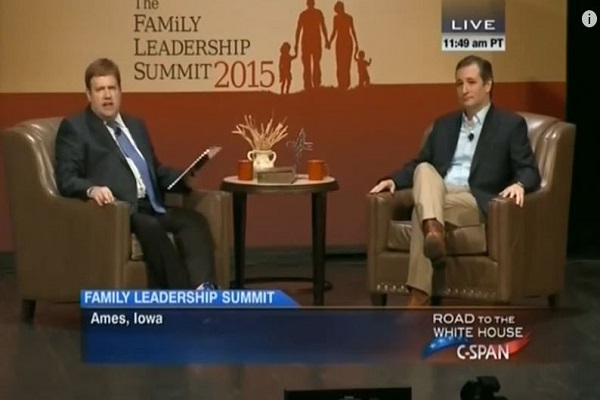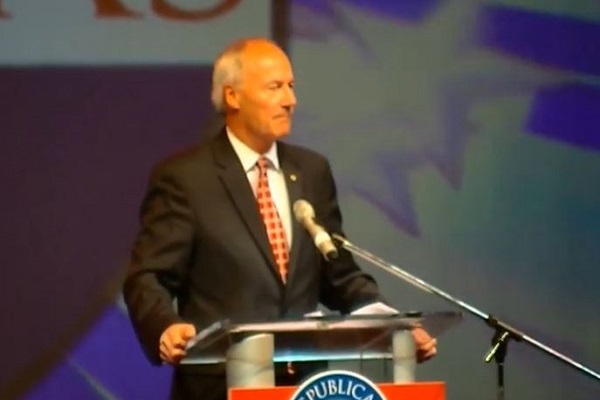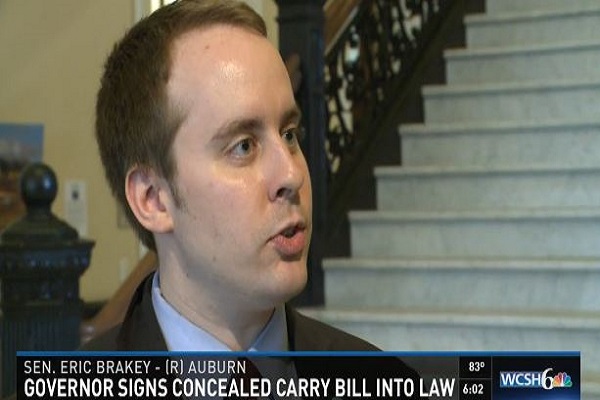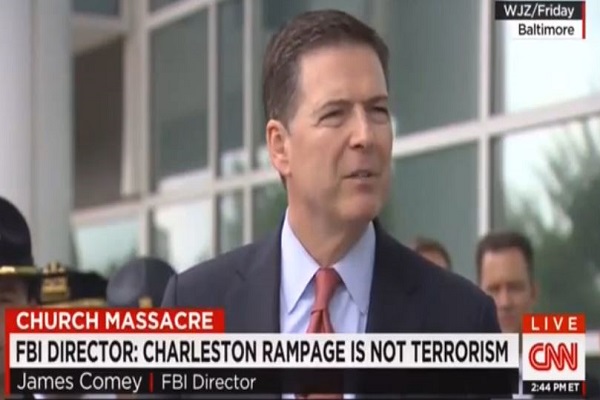The failure of the Occupy movement was epic in its crash-and-burn in the wake of "occupiers"
pooping on cop cars, establishing
rape safety tents, displaying
food privilege, and being infested with
rats and disease. As amusing as the "
up and down twinkles" and
mindless, robotic repetition of speakers were, the failure of the Occupy movement is worth revisiting in light of its
offshoot the #BlackLivesMatter movement.
One of the reasons the left was so incensed by the TEA Party, and worried enough to come after us by any means necessary, is that we are a genuine grassroots, populist movement. While they publicly railed against our successes and worked to ridicule and bully us into submission, they were always working away at trying to duplicate (i.e. manufacture) our efforts.
Occupy is still touted as "populist," an astonishing claim that is easily refuted in that it was a clearly top-down movement funded and organized by the usual suspects. Likewise, we know that Ferguson was another crisis the left couldn't let go to waste, so the usual suspects hired and bused in race agitators, union members, communists, anarchists, et al. These are all the same big players in the background, pulling the strings, and they have one goal in mind, a goal that Andrew Breitbart saw for what it was:
https://twitter.com/AndrewBreitbart/status/120953881818701824























